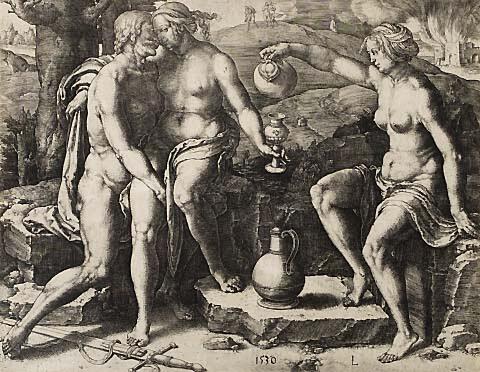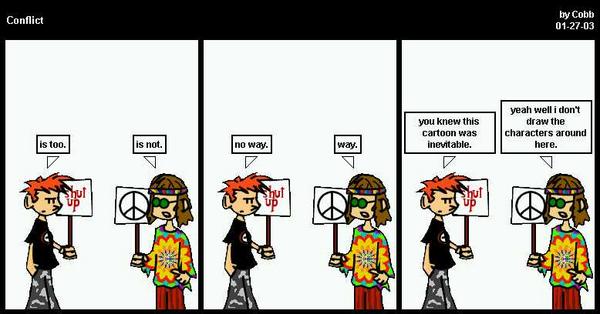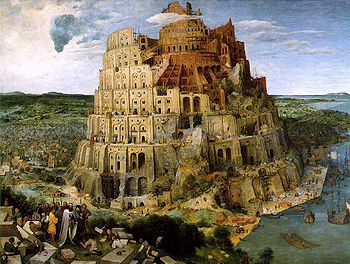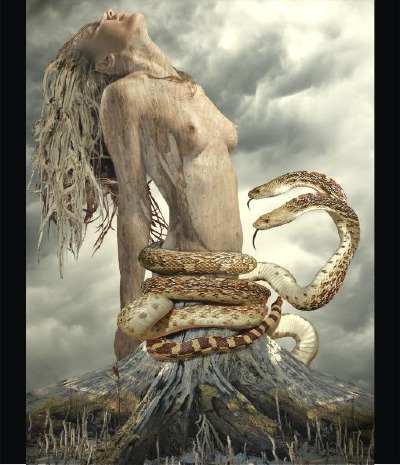Class Notes 10/13/09
-Test average: 80.4% B-
*One bible reader is already at the book of Job! Nicely done Alesha! Everyone better catch up!
*Next blog assignment: make a connection between a biblical story and a modern poem or piece of literature.
The book of Susana, in the apocrypha, and the Wallace Stevens poem, Peter Quince at the Clavier; Blog about it, Stevens is connecting Shakespeare and the Bible, the Book of Susanna
-Dialectic tradition means the old stories are the good stories, even the traditional biblical stories.
Have a Bad Day, instead of Good… blog about it.
A 1940’s movie clip: a girl who’s not supposed to be in the family playing the piano, and a young man singing, then everybody joins in and she realizes the family does this often, without her.
Plotz’s book on tape, about God’s continuation to keep the Egyptians suffering and continue afflicting plagues so that stories develop and people tell them for centuries and centuries. Plotz criticizes God harshly without any consideration about the story, the importance of God’s role to the narrative, similar to gods controlling and afflicting people in mythology. Plot’s bringing more of a modern sensibility (Nick’s blog) about the morality of God’s actions, rather than a more literary sensibility to the narrative and stories of the Bible.
Moses as a paradigm, a model, an archetype, a mythic character that the times talked about; How Moses Shaped America; Moses as superman, Obama; the people as the murmurers.
-Frye passage on page 49, “Exodus as the myth of deliverance of Israel from Egypt.”
-Moses as an archetypal, mythological character rather than an historical, real, true character – except by letterally being arranged in language. “The symbolic Egypt is not in history;”
Moses’ mythological elements, myth of the hero: birth circumstances important, conception circumstances unusual, threatened to be killed at birth, spirited away and raised in obscurity, meets an adversary, overcome it or is overcome, meets woman and marries her, becomes king and gains people loyalty, then people challenge king, and ultimately hero dies, usually on mountain.
-Similar hero myths: Hercules, Superman, Jesus, Harry Potter, Ovid, and many many others.
-“Go Down Moses” African American spiritual, straight from Exodus; two songs by Louie Armstrong and Paul Robeson. Armstrong’s version: blends of spiritual chant, blues, and swing music, with chorale backup singers. Robinson’s version: very deep, dark, powerful voice accompanied by piano music. Then a bluegrass version, Ralph Stanley, of the encounter of Moses at the burning bush, “I spoke to Moses at the Burning Bush, Take you’re shoes off Moses, you’re on Holy Ground.
-Ten commandments: no other gods before God, you shall not make any graven images, don’t use the lords name in vain, remember the Sabbath and keep it holy, honor your father and mother, No stealing, no killing, no coveting neighbors wives, do not commit adultery, do not bear false witness on neighbors.
*What justifies Literature? According to Frye: narrative, story, and image.
-Iconoclasm: Greek for ‘image-breaking’; rejection or destruction of religious images as heretical.
GOD STREAKS!!






